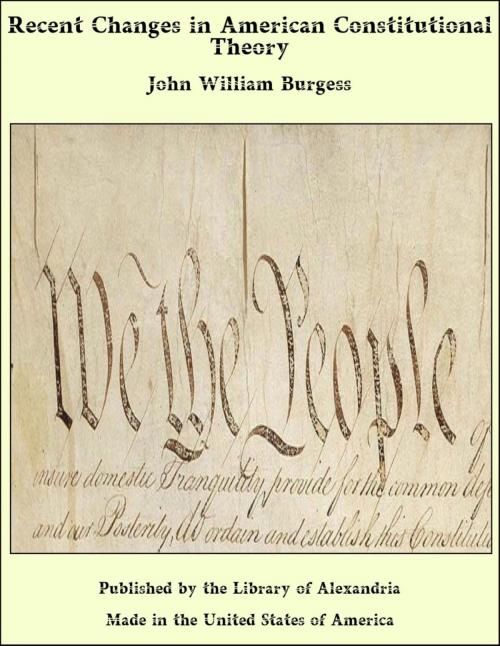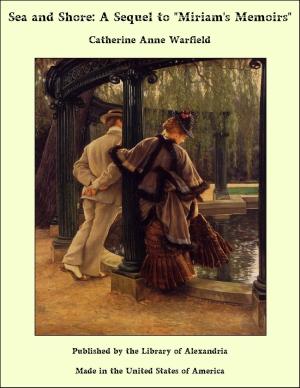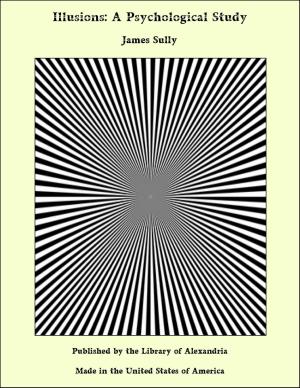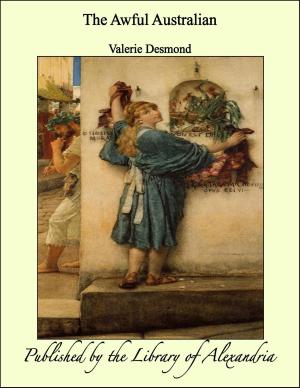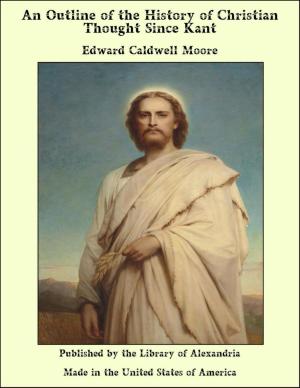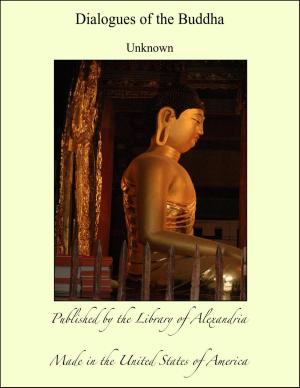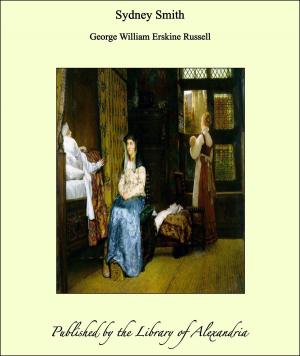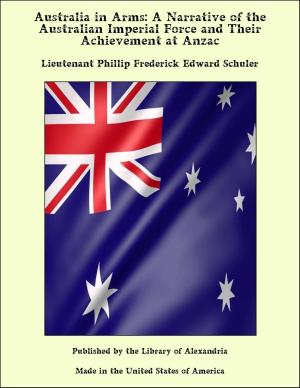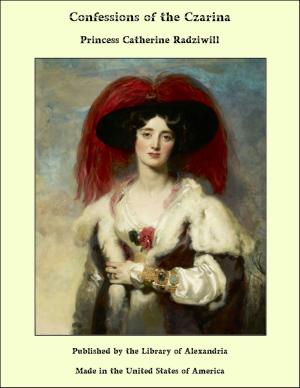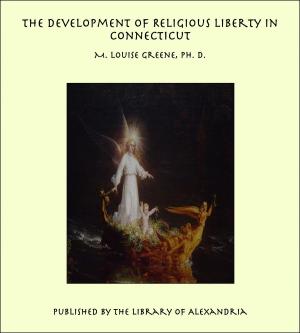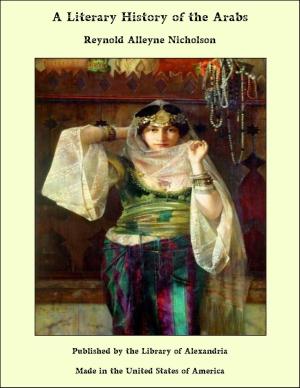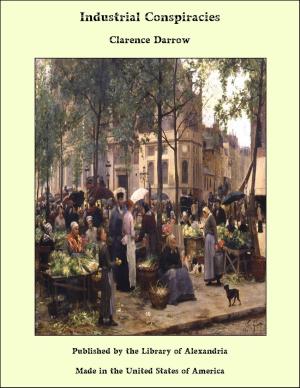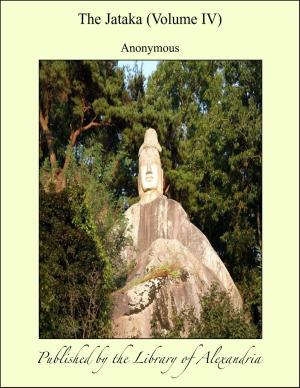Recent Changes in American Constitutional Theory
Nonfiction, Religion & Spirituality, New Age, History, Fiction & Literature| Author: | John William Burgess | ISBN: | 9781465588746 |
| Publisher: | Library of Alexandria | Publication: | March 8, 2015 |
| Imprint: | Language: | English |
| Author: | John William Burgess |
| ISBN: | 9781465588746 |
| Publisher: | Library of Alexandria |
| Publication: | March 8, 2015 |
| Imprint: | |
| Language: | English |
I PUT my title in the interrogative form, because, with all my apprehensions and in spite of many disturbing evidences, my whole being revolts against the thought that there is any probability that the unhappy fate of the republics of the past is also to be shared by our own. It is with great effort and no joy that I have brought myself to write this little book, and only the conviction that I owe it to my fellow-countrymen, whether or no they be in the mood to exact the debt or pleased with its payment, could have induced me to assume the thankless task. Especially do I feel that I owe it to the more than ten thousand pupils whom I have been privileged to instruct in the evolution of political history and the principles of political science and constitutional law. In fact, it is to them especially, among whom are included many of the most distinguished publicists, educators, jurists and statesmen of our Country, that I address this, maybe, final word from their old teacher. I know only too well that what I shall write will appear to contain notes of warning and perhaps traces of depression, and that such plaints from the old to the young are not agreeable, are even unacceptable, but I fully believe that there are not many of my old pupils who will not regard this communication to them as sincere and affectionate. They have, indeed, for the most part, paid very little heed to the advice which I have ventured, without their solicitation, to intrude upon them, during the great crisis of 1914 to — who will dare say what year in the calendar, but I know only too well the social, business, civil and political pressure under which they have lived and to which they have been subjected, to upbraid them for a lack of moral courage. The social ostracism, the business boycott, the arbitrary arrest and internment, and the lawless confiscation have imposed upon them and upon all in this once free land a reign of black and sinister terror, too overbearing and too overwhelming for any but supermen to face and defy.
I PUT my title in the interrogative form, because, with all my apprehensions and in spite of many disturbing evidences, my whole being revolts against the thought that there is any probability that the unhappy fate of the republics of the past is also to be shared by our own. It is with great effort and no joy that I have brought myself to write this little book, and only the conviction that I owe it to my fellow-countrymen, whether or no they be in the mood to exact the debt or pleased with its payment, could have induced me to assume the thankless task. Especially do I feel that I owe it to the more than ten thousand pupils whom I have been privileged to instruct in the evolution of political history and the principles of political science and constitutional law. In fact, it is to them especially, among whom are included many of the most distinguished publicists, educators, jurists and statesmen of our Country, that I address this, maybe, final word from their old teacher. I know only too well that what I shall write will appear to contain notes of warning and perhaps traces of depression, and that such plaints from the old to the young are not agreeable, are even unacceptable, but I fully believe that there are not many of my old pupils who will not regard this communication to them as sincere and affectionate. They have, indeed, for the most part, paid very little heed to the advice which I have ventured, without their solicitation, to intrude upon them, during the great crisis of 1914 to — who will dare say what year in the calendar, but I know only too well the social, business, civil and political pressure under which they have lived and to which they have been subjected, to upbraid them for a lack of moral courage. The social ostracism, the business boycott, the arbitrary arrest and internment, and the lawless confiscation have imposed upon them and upon all in this once free land a reign of black and sinister terror, too overbearing and too overwhelming for any but supermen to face and defy.
